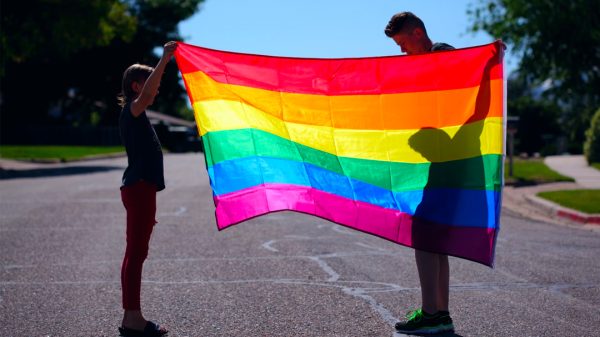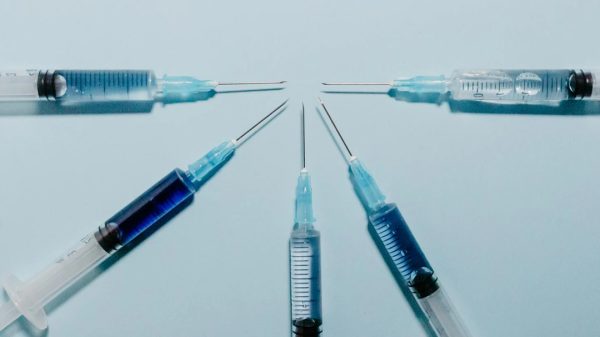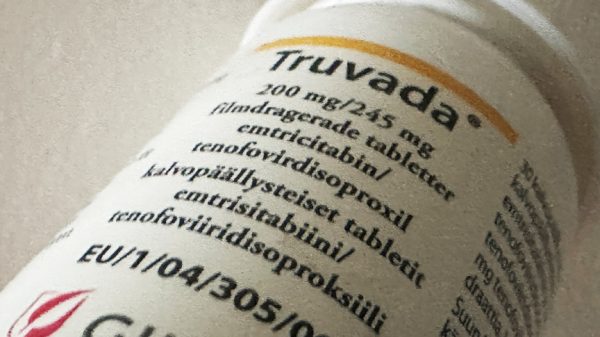Transgender, nonbinary, and gender-diverse people face barriers to accessing surgery and to the health system in general.
This is according to research articles where those involved described the experiences of transgender, nonbinary, and gender-diverse people in accessing gender-affirming surgery.
In many areas of life, people who identify as transgender, nonbinary, and gender diverse experience discrimination even where there are laws to protect transgender human rights. Health systems also pose barriers for transgender, nonbinary, and gender-diverse people, who are more likely to delay obtaining medical care because of fear of discrimination and other factors.
As there are few studies on the surgical experiences of people who self-identify as members of these populations, researchers sought to understand the experience of transgender, nonbinary, and gender-diverse people when seeking gender-affirming care. Participants in the research studies reported barriers in accessing gender-affirming care, which also affected their general experiences with the health care system.
One of the studies, titled “Lived experiences of transgender and nonbinary people in the perioperative context: a qualitative study”, was done by Hilary MacCormick, Les T. Johnson, Drew Burchell, et al; it appeared in the Canadian Medical Association Journal.
“The stress of negotiating presurgical bureaucracy often stood in sharp contrast to the positive feelings (participants) experienced when deciding to seek gender-affirming surgery,” stated MacCormick, adding that these barriers and marginalization can cause additional trauma in a situation where patients of any background might feel stress and anxiety because of surgery.
“Our data support the need for more in-depth and nuanced discussions surrounding shared decision-making, and consideration of potential effects of past traumas, instances of invalidation, or negative interactions within health care,” the researchers concluded.
The second study, meanwhile, found that the lived experiences of people seeking publicly funded penile-inversion vaginoplasty were similar. Titled “The lived experiences of transgender and gender-diverse people in accessing publicly funded penile-inversion vaginoplasty in Canada”, this was done by Gianni R. Lorello, Aradhana Tewari, Marudan Sivagurunathan, et al, and was also published the Canadian Medical Association Journal.
“Health care systems need to improve access to gender-affirmation surgery, reduce wait times for care by increasing capacity for gender-affirmation surgery, and improve care experiences,” stated Lorello.
In a related humanities article, Florence Ashley, assistant professor, Faculty of Law and John Dossetor Health Ethics Centre at the University of Alberta, Edmonton, Alberta, argued that gender self-determination is a medical right and that health care providers are ethically bound to respect this and examine their gatekeeping practices.
“The burden of justifying barriers to care should fall on the health care providers who erect them and not on those seeking care to affirm their gender,” Ashley stated. “Health care providers working with transgender communities should carefully examine their gatekeeping practices to ascertain whether they are justified by clear and compelling evidence and abandon those that cannot meet this justificatory threshold.”
Meanwhile, Dr. Kirsten Patrick, Editor-in-Chief of CMAJ, commented in an editorial that “receiving care that validates their chosen identity is associated with better physical and mental health for transgender and gender-diverse patients. Even if access to interventions is limited, compassionate and kind care need not be.”
































































